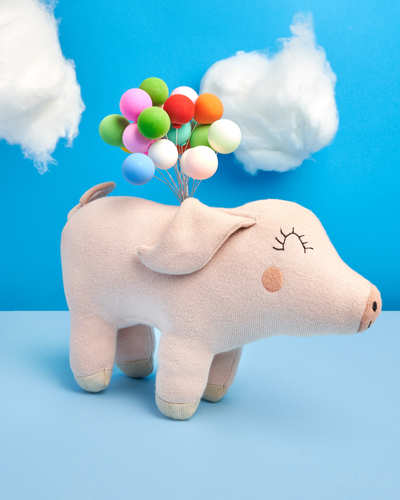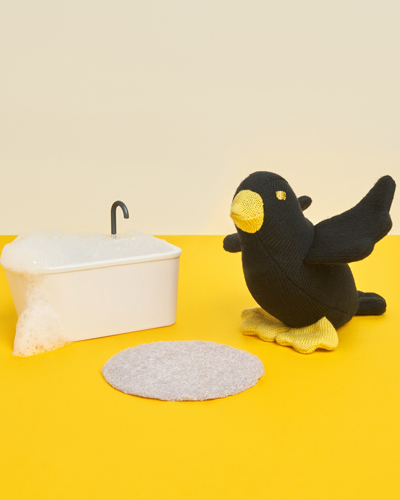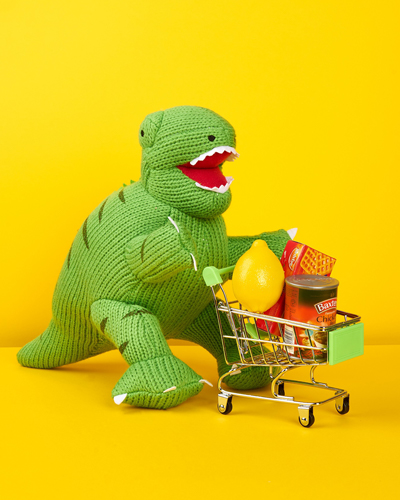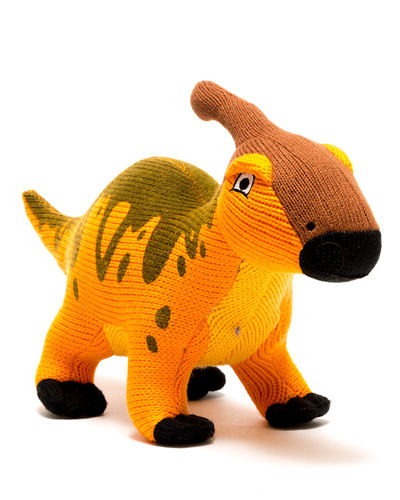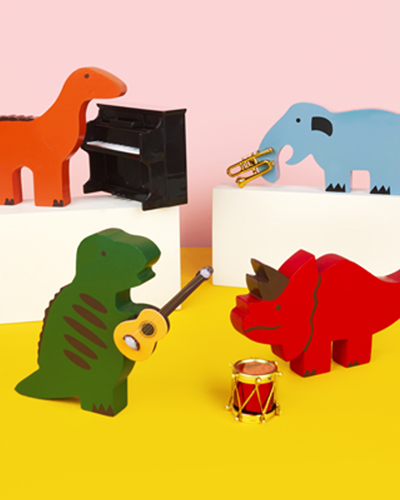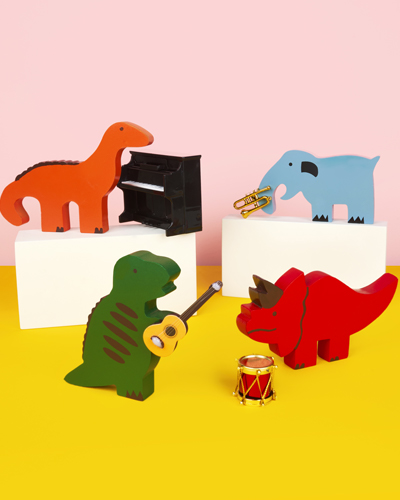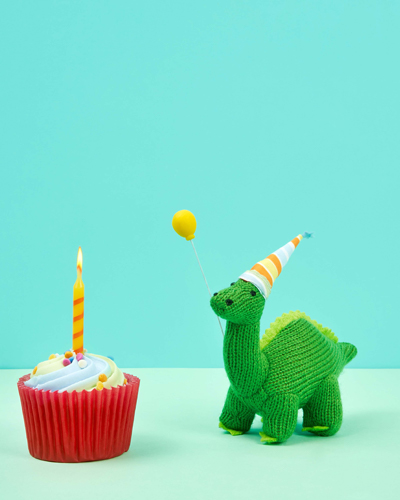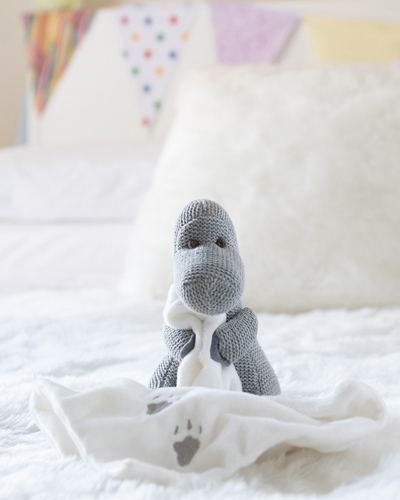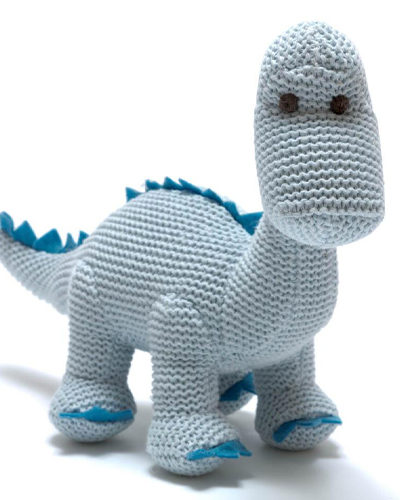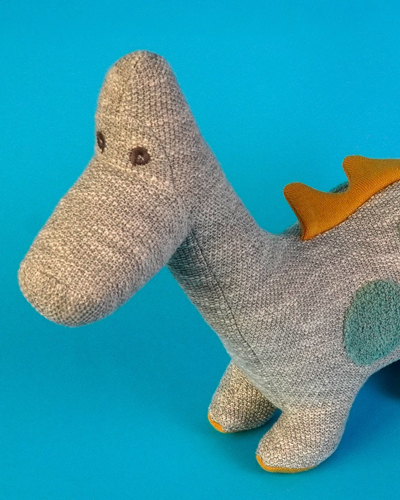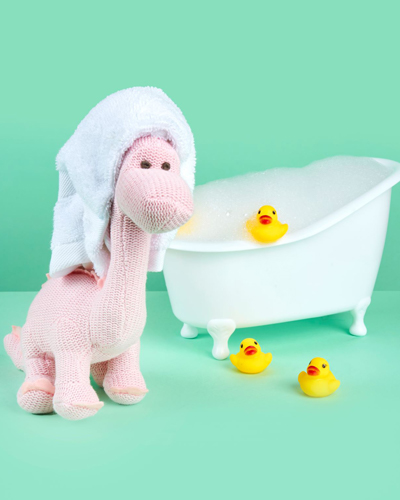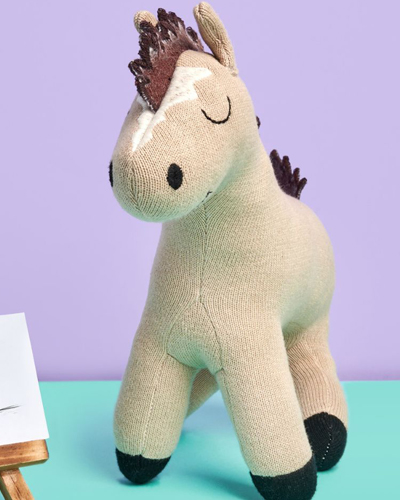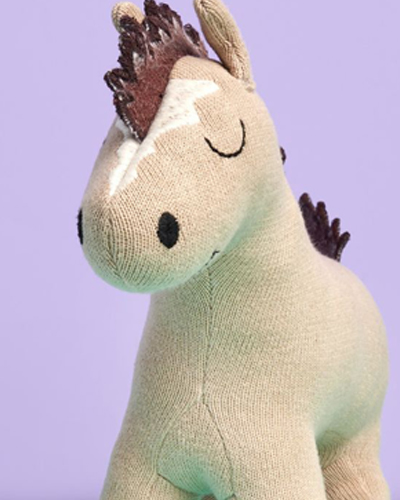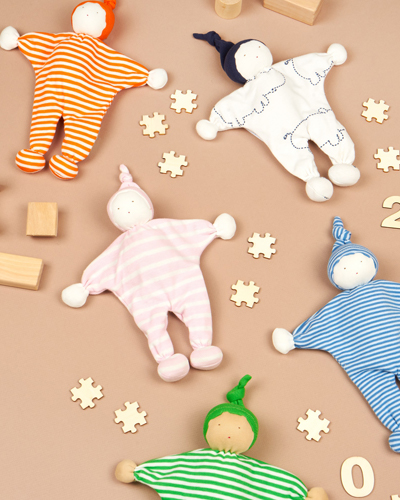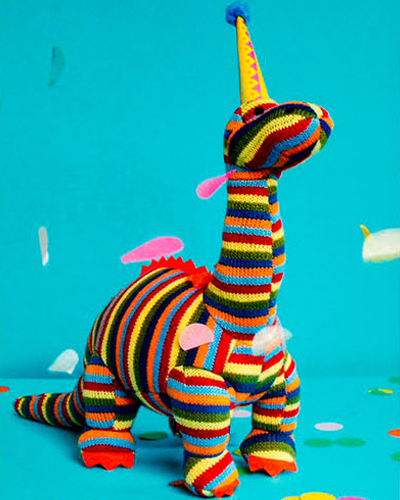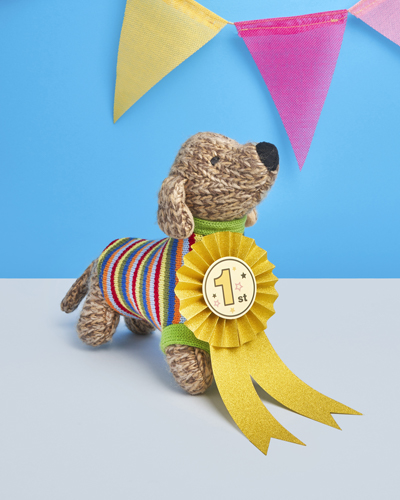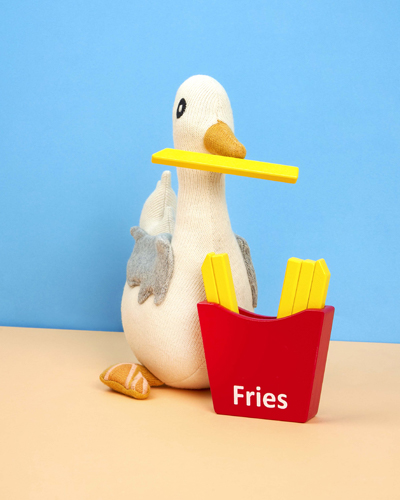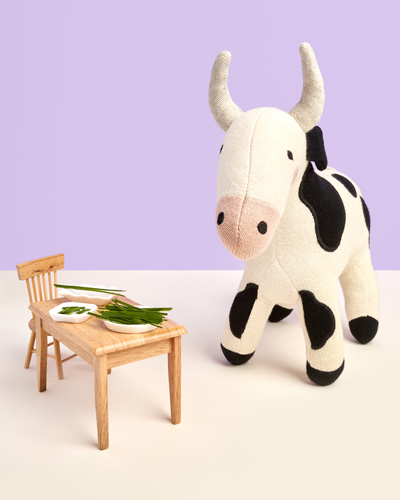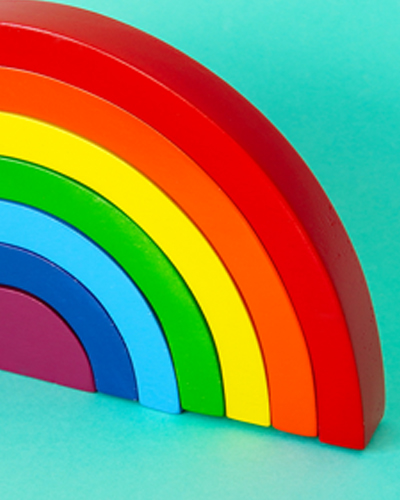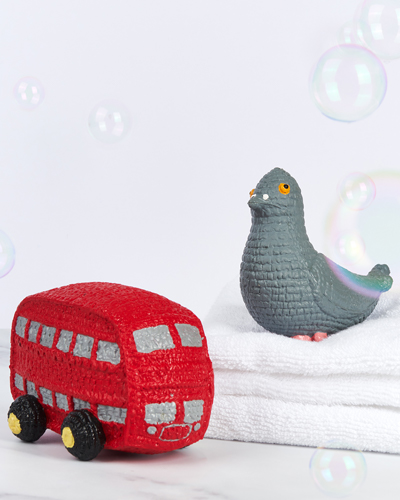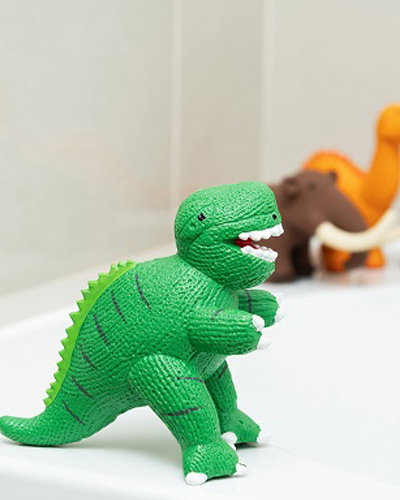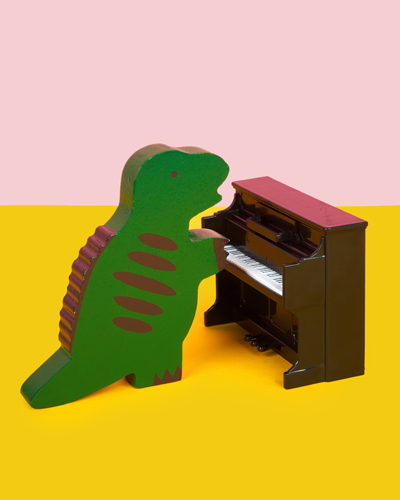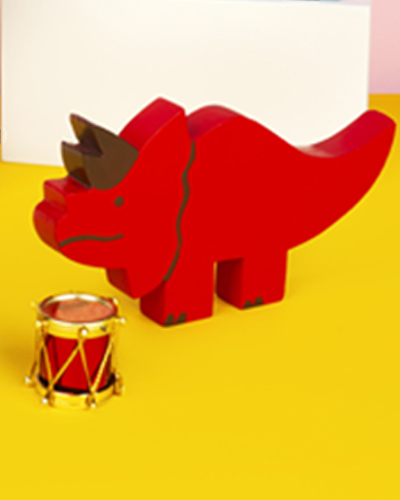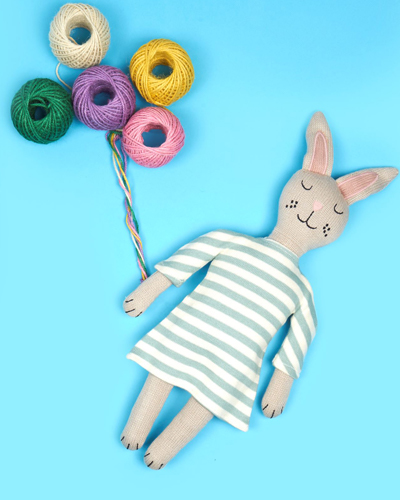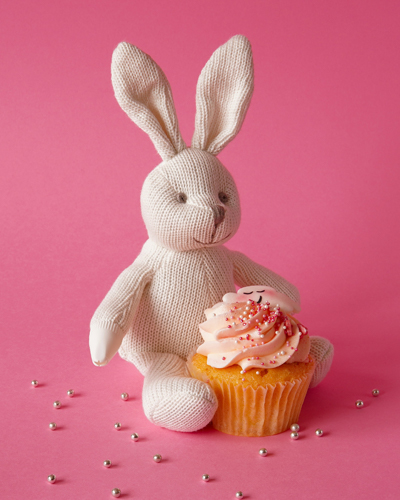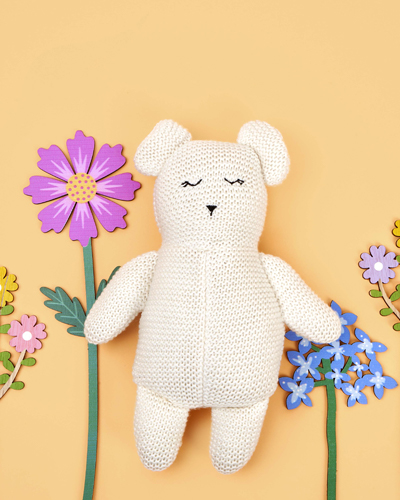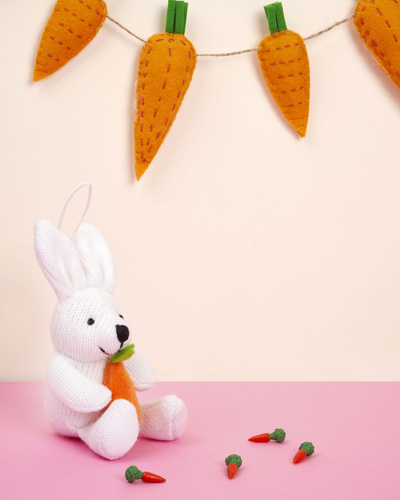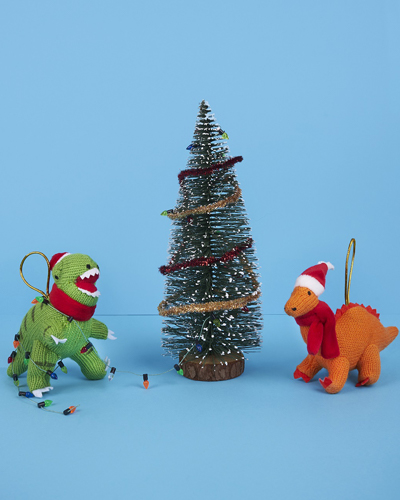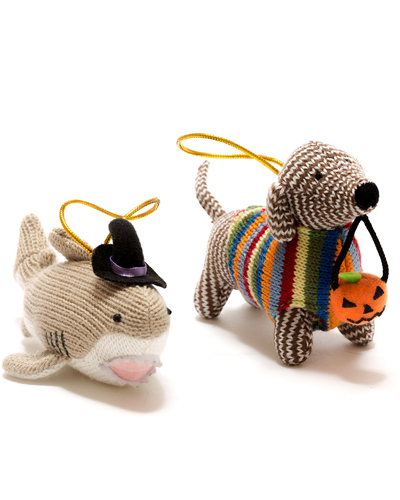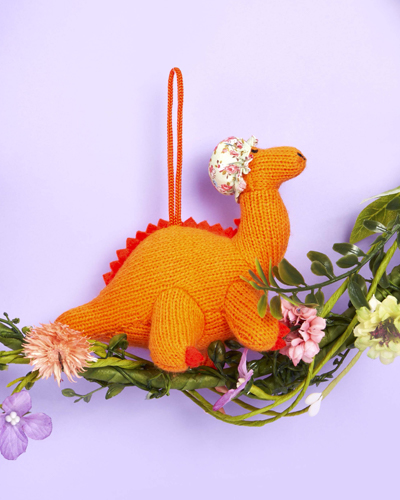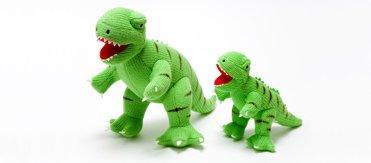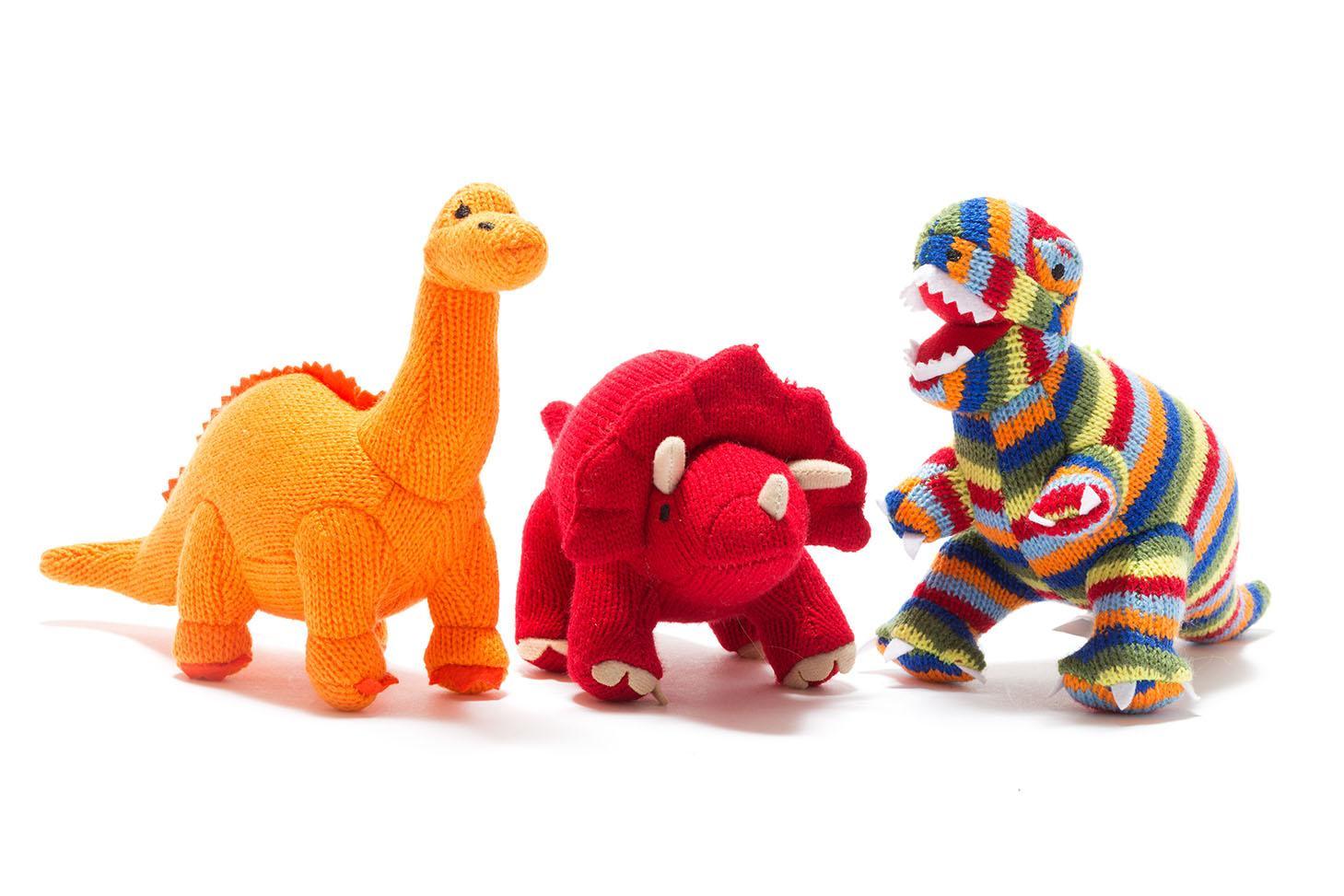You have no items in your shopping cart.
We all know that children love cardboard boxes but did you know that boxes are also great as fun toys and playthings for young kids and babies too?
What child doesn't love a large cardboard box? One big enough that you can actually get in side is the best but any large cardboard box can open up a world of opportunities and possibilities. It can be a thousand different things - a spaceship, a house or a fire engine. Playing with boxes can help to develop skills such as imagination, resourcefulness, and creativity.
For most children a cardboard box opens up a whole world of opportunities of play. There is no right or wrong way to play with a box and parents are generally relaxed about children decorating it or tearing it up - something they are not generally allowed to do with other things in the house!
The cardboard box can take a child on imaginary adventures and help them to explore imaginary places in their heads. Although most parents aren't able to re-create the amazing Pinterest style castles that social media shows you, children will be more than happy with an empty cardboard box that is big enough to climb in and some basic craft equipment such as crayons, pens, stickers, glue and coloured paper (whatever you have at home). You may be amazed by where their imagination leads them, and what the box becomes.
Unstructured or free play is considered by experts to be a valuable but fun way for children to learn so turning them loose with the box and seeing what happens could be better for your kids than creating something worthy of social media comment.
And while it can be tempting as a parent to return to your own childhood games and start to lead the play turning the box in to your favourite bus for example, its still best to let your child come up with ideas and let them imagine what the box should be.
This definitely does not mean that you shouldn't join in the play but relax and follow your child's lead using their creativity to come up with their ideas.
So boxes are great for children but what about young babies? Whereas older children can be encouraged to play on their own when your child is too small for independent play a box is still a great baby toy, and you don't need such a large box!
One of the best games is Peek-A-Boo.
Peek-A-Boo has an enduring appeal to young children because it is based on the surprise they feel when someone or somebody comes back in to their view. As adults we are not particularly surprised when someone leaves a room and then comes back in but to a baby if they can't actually see their favourite toy they are not sure that it still exists.
A Swiss psychologist coined the phrase Object Permanence to describe this concept, the understanding that things continue to exist even if you can't see them.
Babies spend up to 2 years of their early lives working this concept out so this is a great time to be playing Peek-A-Boo with them. Playing the game triggers the synapsis due to visual stimulation, and repeating the game ensures that these connections in the brain are strengthened which is how your baby learns.
This is great but actually the best bit is seeing your baby laugh out loud at such a simple joke.
So just put a favourite toy in to a box (we would recommend a dinosaur toy because they are so bright, but then we would, wouldn't we!), close the lid and then Boo! Bring him out again. And repeat, again and again and again!
Another thing which is great to do with a smaller box is to create a sensory bin - fill the box with anything from cotton wool to pine cones to their favourite crochet toy. Anything which is tactile (and is not a choking hazard!) which can be put in to the box for your toddler to touch and feel and guess what it is.
Or a great game to play to encourage fine motor skills is to collect a range of small boxes and put them in a pillowcase or sack. Allow your baby to pull the boxes out of the sack. If you can use language such as small and large or different colours if you have different coloured boxes, as your baby chooses each box then its a great way for developing speech. The ability to grasp usually begins at around 4 months and although act of picking up the small object from the box may seem simple to adults it is in fact quite an involved task for babies. And after they have learnt to take things out of boxes, the next thing they will want to do is put them back in again. We won't mention the dropping stage which comes next...
So 3 great games to play with your baby all of which are great for your baby's development, cost nothing and are fun to play. Perfect!


